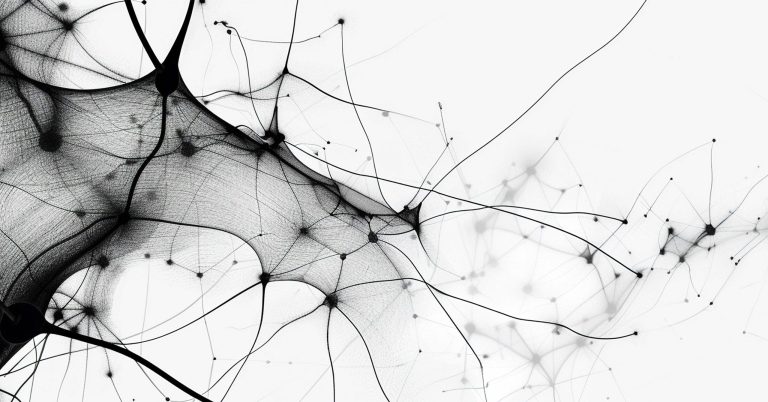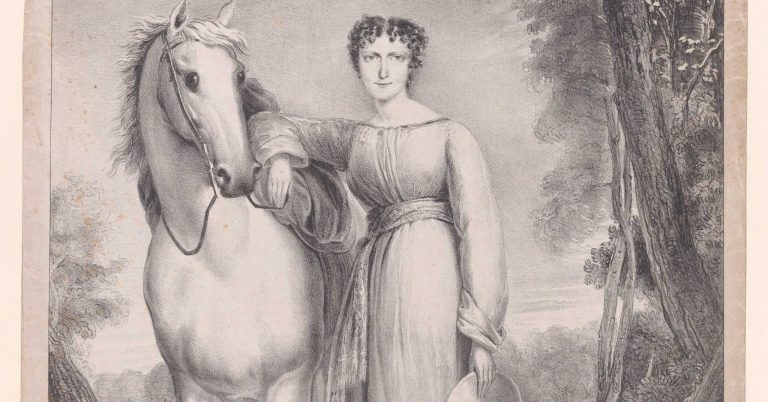


Last month we celebrated the writing of Hélène Cixous, both as part of Women’s History Month and of OLR’s 40th Anniversary. This month, we are sticking with the ever-wonderful Cixous as we delve into Gilles Deleuze’s article, ‘Hélène Cixous or Stroboscopic Writing’.
The aim of Deleuze’s article is to inform the reader of the best way to read Cixous’s work, with an emphasis on her book, Neutre. He says her work can be “badly understood” and, referring to the “mystery of ‘Hélène Cixous”, says she “has invented a new, original kind of writing.” Praise for writing doesn’t come higher than that, and Cixous is most certainly a worthy recipient of such commendation.

Short yet fulfilling, this article focuses on the concept of speed in Cixous’s work, and Deleuze captures perfectly what it is to read something written by her. Within three pages, Deleuze touches on various themes including the Joycean influence in Cixous’s work, the originality of authorship, and the effect of her writing.
Both Deleuze and Cixous are exceptional theorists and writers and this article, providing insight into both writer’s styles, doesn’t disappoint.
Enjoy the full article, free until 15th May.
Subscribe to Oxford Literary Review to:
• Keep up-to-date with all the latest writing in deconstruction, literary theory, psychoanalytic theory, political theory and related forms of exploratory thought.
• Receive free access to all OLR content published from 2000.
For more information and prices, click here or email journals@eup.ed.ac.uk.
Oxford Literary Review (OLR), founded in 1977 by Ian McLeod, Ann Wordsworth and Robert J. C. Young, is now celebrating its 40th anniversary. To celebrate, in each month of 2017 the Edinburgh University Press blog will highlight an influential article published in OLR.





